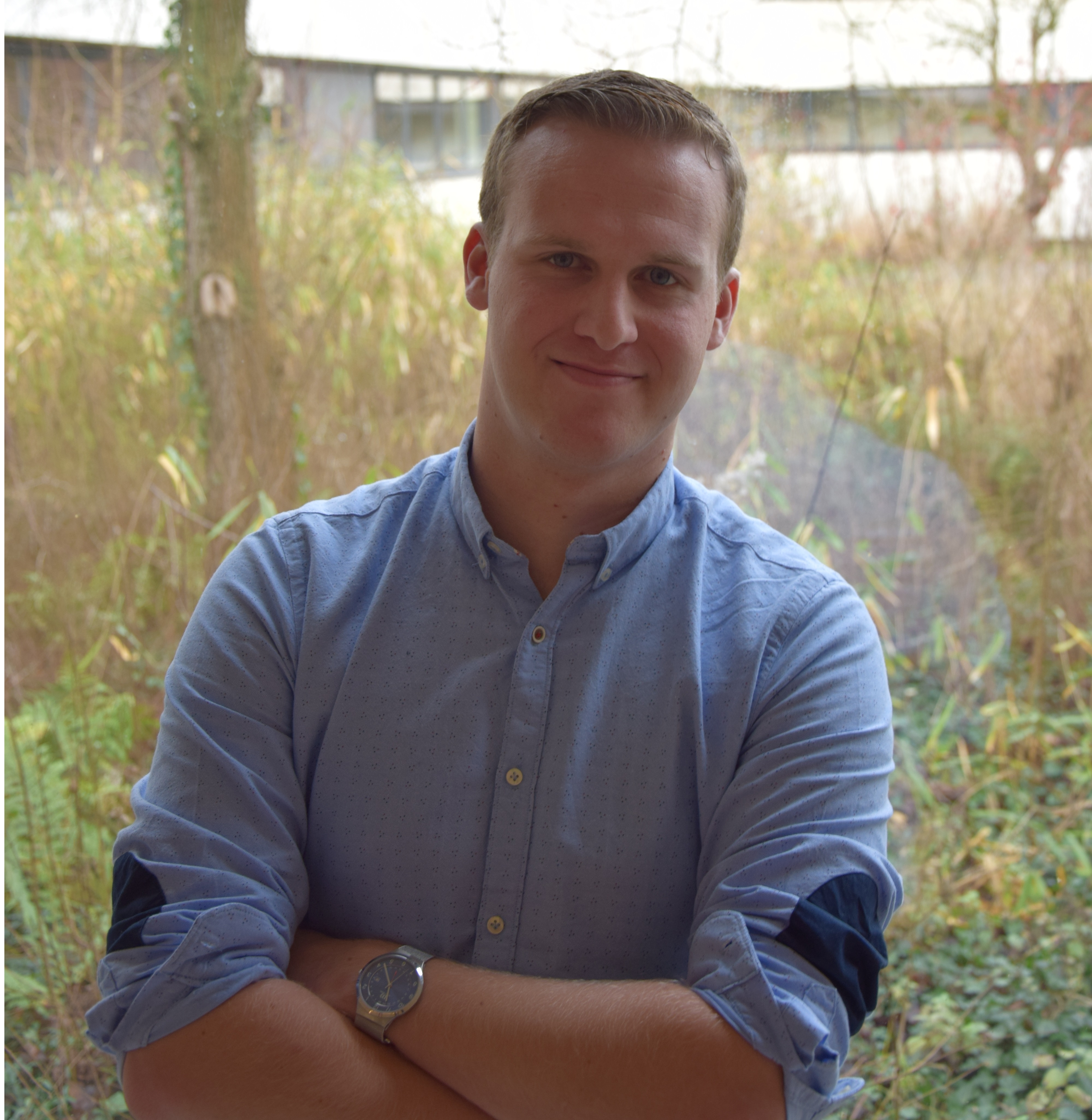About This Course
Business processes are widely recognized as the drivers of organizational performance. It is
through efficient and effective processes that companies achieve low costs, high levels of
business agility, low waiting times and high and consistent quality. Consequently, business
process management has become a core capability of many successful organizations.
Today, as we have entered the age of big data, business process management can be taken
to the next level. Besides traditional types of data - e.g. financial, sales, customer or
production data - companies increasingly collect large amounts of process data which
describe how processes are being executed at a detailed level. The combination of process
data with the power of business process analytics enables data-driven and evidence-based
business process management at a level that was previously unthinkable.
This course provides the essential foundation for those who want to get started with
business process analytics in order to improve business processes in an objective and
data-driven manner. You will gain a thorough understanding of the most important concepts
and techniques of process analytics, discover which analyses can be applied, how these can
be visualized and learn how to interpret and translate process analytics into deeper insights
of how an organization actually works. Throughout the course, concepts and techniques are
put into practice through a series of examples, situated in various fields.
Course Staff
Prof. dr. Benoît Depaire
Benoît, with a circumflex on the penultimate letter as his mother insisted on when he was
born, currently lives in rural As (Limburg, Belgium) with his wife and two sons. He was born
and raised in the Maas Valley at the eastern border with the Netherlands, in a picturesque
little town Leut. As most people from this region, he highly values strong friendships, the
small things in life and the local community, and possesses the ability to be notoriously
stubborn at times (which he equally stubbornly denies). His passions are being a father,
preparing and experimenting with food and all IT-related things. A Saturday at the football
pitch watching his sons play, an evening dinner with friends trying out a new dish or a
Sunday afternoon programming a hobby project are key ingredients for his perfect weekend.
Benoît is an Associate Professor Business Informatics at Hasselt University within the faculty
of Business Economics, where he is head of the Business Informatics program. He strongly
believes that new technologies are a prerequisite for many modern day innovations in
business and society. However, he likes to argue that the true potential of IT does not lie in
the technology itself, but in the way we use it to create value. Understanding how to unlock
this potential and sharing these insights is the ultimate goal to which he tries to contribute.
He does this on a daily basis, together with his colleagues of the research group Business
Informatics at Hasselt University.
To this end, he recently took the lead in setting up the applied research unit BIARU
(https://www.uhasselt.be/biaru). BIARU is a dedicated team of researchers whose goal is to
disseminate the research group’s expertise in data analytics, business process management
and machine learning to a larger audience. Building on decades of expertise in data
modelling, data mining, process management and process mining, BIARU provides two
services, always founded in scientific rigor and academic independence. Firstly, BIARU
offers various training programs to broaden the data science knowledge and skills of their
partners. Secondly, by way of projects BIARU works together with their partners from
problem to solution.
Benoît’s current research focuses on the science of algorithm engineering and behavioral
analytics. Behavioral analytics is a recent advancement in business analytics that reveals
new insights into the behavior of consumers, employees, machines, processes and systems.
The goal is to extract behavioral and actionable insights from fine grained data. Applied to
the context of business processes, which has been the focal point of Benoît’s research over
the past decade, this strongly connects to the field of process mining. Benoît’s research has
been presented at various international conferences and published in journals such as
Intelligent Data Analysis, Business and Information Systems Engineering, Computers in
Human Behavior, Decision Support Systems, Information Systems, Knowledge-based
Systems and IEEE Transactions on Services Computing.
Prof. dr. Mieke Jans
Mieke was born in Hasselt and currently resides in Genk, where she lived her entire life. The
only other link with Hasselt is the university where she is employed, already since 2003.
Other than that: Genk will remain favourite over Hasselt to Mieke. Mieke is married and has
a terrific daughter and son with a mean age of 10. Mieke started her PhD because it was a
job where she would actually get paid for being critical, asking annoying questions, and
investigating things profoundly. Things that aren’t always appreciated in ‘the real life’. The
journey led to a PhD, earned in 2009 (at Hasselt University) with her research on the use of
data mining and process mining techniques for the purpose of internal fraud risk reduction.
From 2009 until 2014, Mieke paused her personal life by combining working in industry with
working in academics. Being employed as a (senior) manager at Deloitte Belgium, she was
part of the data analytics cell and Belgian lead of Process Mining applications. In parallel,
she was part-time affiliated with Hasselt University to teach amongst other courses Business
Process Analytics. After returning full-time back to academics, Mieke gradually found time to
reinstall what she loves outside of work: running and mountainbiking. Mieke likes reading,
but is terrible in making time for it, and she is also a true Belgian: she just loves french fries
(and hates it is called like that in English). She loves French wine though (Merlot,
Chardonnay…), but also other grapes (Shiraz, Negoramaro...). And chocolate. Of course...
Mieke is now associate professor Business Informatics at Hasselt University, Belgium. She
is active in the research field of Accounting Information Systems, which is translated into a
part-time appointment at the School of Business Economics, Maastricht University in the
Accounting and Information Management department. Since September 2014, Mieke
researches how process mining could add value to the auditing profession. Bridging the
Business Informatics research group of Hasselt University and the Accounting and Information
Management group of Maastricht, allows Mieke to research ‘Audit Analytics’, primarily but
not exclusively from a process point of view. For this topic, she works closely together with
industry and established researchers both in the Accounting field as in the Business Process
Management / Information Systems field. By moving focus from the accounting to the
BPM/IS area, Mieke’s research outlets, along with her community servicing tasks, span over
different research fields.
Mieke is founder of the Scientific Research Community on Process Mining (since 2017) and
is member of the steering committee of the IEEE Task Force on Process Mining. Since
2019, she has also been appointed associate editor of the International Journal of
Accounting Information Systems. Her work has been published, amongst others, in The
Accounting Review, Journal of Information Systems, Enterprise Information Systems,
International Journal of Accounting Information Systems, and Expert Systems with
Applications. She is regularly invited as guest lecturer on process mining in different
(auditing) programs, for example at Erasmus University.
dr. Gert Janssenswillen
Gert was born in Lommel (Limburg, Belgium) on June 28th, 1991. He currently lives in
Hasselt - Capital of Taste (www.visithasselt.be), where he is a self-proclaimed local city
guide. In his spare time he is a fervent reader of books
(goodreads.com/user/show/70478637-gert-janssenswillen) - in particular on history,
geography, and psychology. Apart from reading about them, he loves travelling to historical
places to discover ancient times. At home, he is an ardent hiker and biker in the local natural
reserve areas. In the evenings, he likes to enjoy a nice strong beer (preferably Belgians).
Gert Janssenswillen is a postdoctoral researcher on process analytics at Hasselt
University, Belgium. In 2019 he obtained a PhD in process mining, which focussed on
the quality measurement of process mining algorithms in the context of conformance
checking. During his PhD he created bupaR - a collection of R packages for process
analysis, of which he is still the main contributor (bupar.net). Gert has shared his research as
a speaker at various conferences, such as BPM, SIMPDA and useR, and author of articles
in international journals, such as Information Systems, Knowledge Based Systems, and
Business Information Engineering Systems.
As one of the researchers in the area of conformance checking within process mining, he
organized a brainstorm on research challenges in 2018, and is co-guest-editor of a
Special Issue on Conformance Checking for the Information Systems journal. Furthermore,
he is co-organizer of the recently founded Conformance Checking Challenge, organized in
the margin of the International Conference on Process Mining
(ICPM). Gert’s research experience includes process analytics projects in a broad range of
fields, including operational excellence, logistics and learning analytics. At Hasselt University
he teaches courses on Exploratory and Descriptive Data Analysis and Business Process
Analytics.




